QBO QuickBooks ® Trustee Payment
The Best Solution for Trustee Payment in QuickBooks®
Today Payments is an Authorized Reseller of Intuit offering a highly robust app that supports both QuickBooks’ desktop and online customers, provide merchants with the tools they need so they can focus more time on their customers and businesses, and less time on data entry.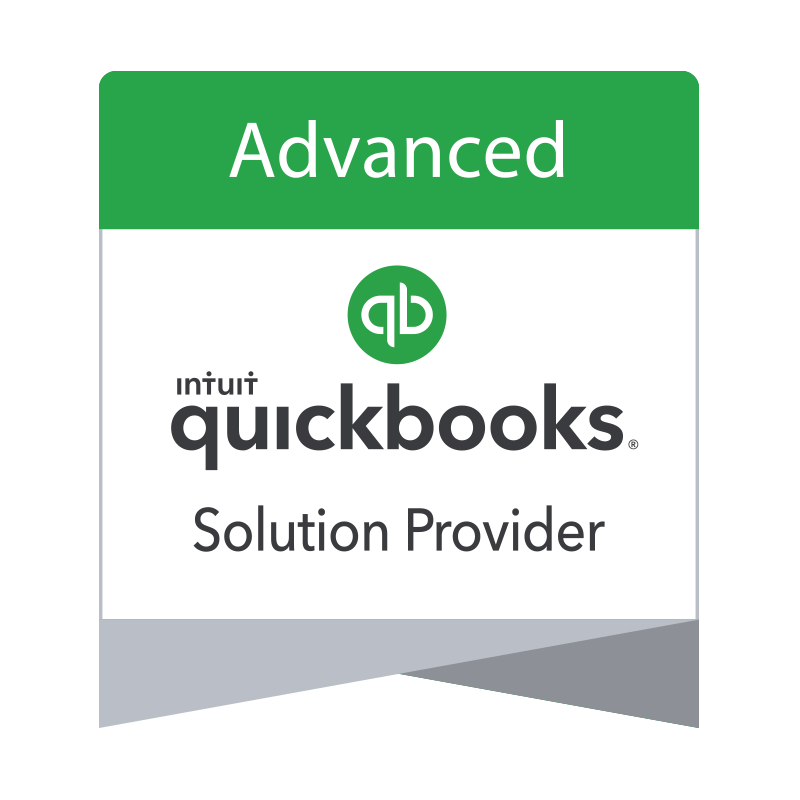
"Our Integrated payment solutions can save a typical small business owner more than 180 hours each year"
See
the features
QuickBooks® ACH, Cards, FedNow and Real-Time Payments
- Payment processing for all QuickBooks desktop, Pro, Premier, Enterprise and also QBO QuickBooks Online Our software is designed for simplicity and ease-of-use.
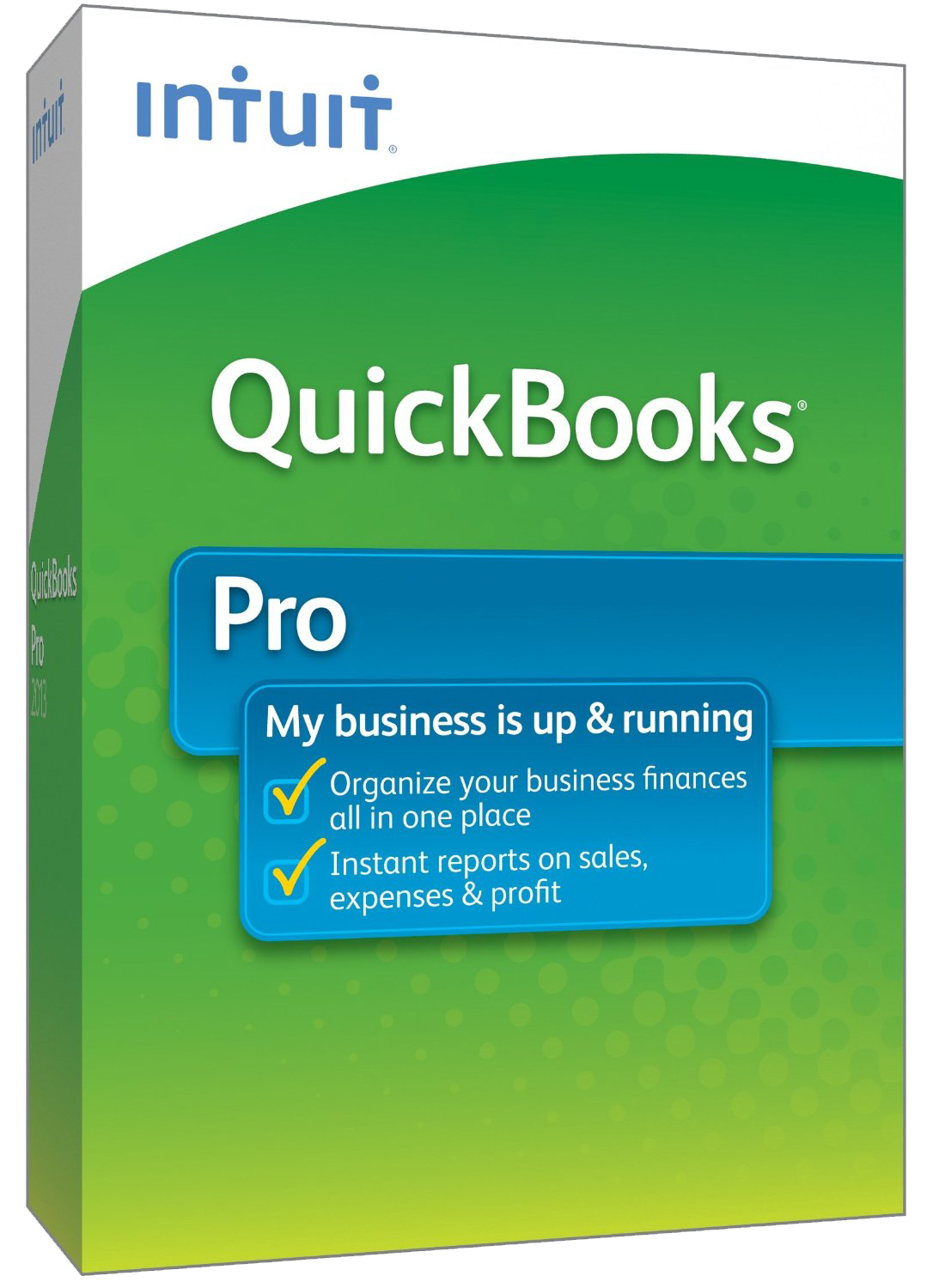
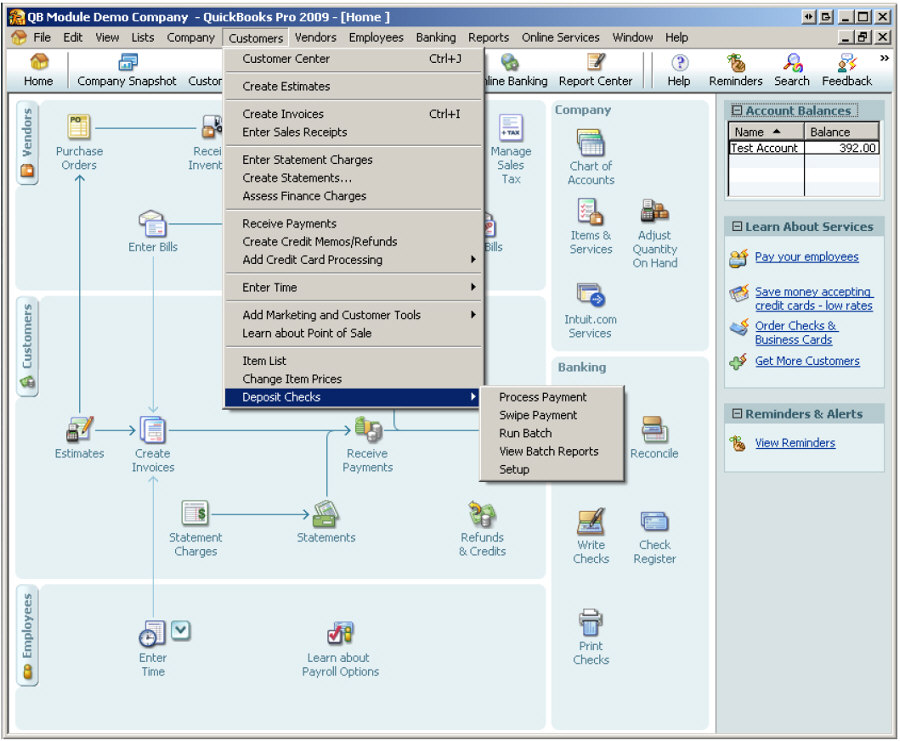
- ~ Automate Account Receivable Collection
- ~ Automate Account Payable Payments
- ~ One-time and Recurring Debits / Credits
Secure QB Plugin payment processing through QuickBooks ® specializes in the origination of moving money electronically.
Ask about our special:Using Trustee Payment Request for Payments in QBO QuickBooks
To manage trustee payments from a
trustee to beneficiaries using Real-Time Payments (RTP) and FedNow
through an escrow and Client Trust Account (CTA), and integrate
these transactions into QuickBooks Online (QBO) or QuickBooks
Enterprise via SecureQBPlugin.com, follow these steps:
Step 1: Set Up Accounts
- Client Trust Account (CTA):
Ensure the trustee has a properly set up CTA for holding and
managing funds on behalf of beneficiaries.
- Escrow Account:
Establish an escrow account to temporarily hold funds before
they are distributed to beneficiaries.
- Beneficiary Accounts:
Ensure all beneficiaries have bank accounts that can receive
RTP and FedNow payments.
Step 2: Set Up SecureQBPlugin
Account
- Visit SecureQBPlugin.com:
Go to
SecureQBPlugin.com and create an account for the trustee
if not already done.
- API Access:
Obtain API credentials from SecureQBPlugin.com for integrating
RTP and FedNow services.
Step 3: Integrate SecureQBPlugin
with QuickBooks
- Install Plugin:
Download and install the SecureQBPlugin for QuickBooks
Enterprise or QBO.
- API Integration:
Configure the plugin with the API credentials obtained from
SecureQBPlugin.com to enable RTP and FedNow payments.
Step 4: Trustee Transfers Funds to
Escrow
Using SecureQBPlugin
- Log In: Access
the trustee’s SecureQBPlugin account within QuickBooks.
- Initiate Transfer to Escrow:
- Navigate to the “Send Payment”
section.
- Fill in the required details:
- From Account:
Trustee’s CTA details.
- To Account:
Escrow account details.
- Amount:
Payment amount.
- Currency:
USD.
- Reference Information:
Details like “Transfer to Escrow for Beneficiary
Distribution”.
Example API Request to Transfer to
Escrow
json code
{
"fromAccount": {
"bankId":
"87654321",
"accountNumber":
"0123456789"
},
"toAccount": {
"bankId":
"12345678",
"accountNumber":
"9876543210"
},
"amount": "1000.00",
"currency": "USD",
"referenceInformation":
"Transfer to Escrow for Beneficiary Distribution"
}
- Confirm and Send:
Review and confirm the transfer.
Step 5: Distribute Funds to
Beneficiaries from Escrow
- Access Escrow Account:
Trustee accesses the escrow account via SecureQBPlugin.
- Initiate Payments to
Beneficiaries:
- For each beneficiary, fill in
the payment details:
- From Account:
Escrow account details.
- To Account:
Beneficiary’s bank account details.
- Amount:
Payment amount.
- Currency:
USD.
- Reference Information:
Details like “Trustee Payment to Beneficiary”.
Example API Request to Pay
Beneficiary
json code
{
"fromAccount": {
"bankId":
"12345678",
"accountNumber":
"9876543210"
},
"toAccount": {
"bankId":
"23456789",
"accountNumber":
"0123456789"
},
"amount": "500.00",
"currency": "USD",
"referenceInformation": "Trustee
Payment to Beneficiary"
}
- Confirm and Send:
Review and confirm each payment.
Step 6: Sync Transactions with
QuickBooks
- Automatic Sync:
Ensure the SecureQBPlugin is configured to automatically sync
transactions with your QuickBooks Enterprise or QBO account.
- Manual Sync:
If needed, manually sync transactions by navigating to the
sync option within the plugin.
Step 7: Verify Transactions in
QuickBooks
- QuickBooks Enterprise:
- Open QuickBooks Enterprise.
- Navigate to the relevant
accounts and verify the sent and received transactions.
- QuickBooks Online:
- Log in to your QBO account.
- Check the transaction history
and account statements for the FedNow payments.
Step 8: Security Best Practices
- Secure API Keys:
Keep your API keys and credentials secure.
- Two-Factor Authentication:
Enable two-factor authentication on all relevant accounts.
- Regular Monitoring:
Regularly monitor account activities for any unauthorized
transactions.
- Software Updates:
Keep your QuickBooks and SecureQBPlugin updated to the latest
versions.
Conclusion
By following these steps, trustees can
efficiently manage and distribute funds using RTP and FedNow via
SecureQBPlugin.com, and ensure seamless integration with
QuickBooks Enterprise or QBO. Regular verification and secure
practices are essential to maintain the integrity and security of
the transactions.
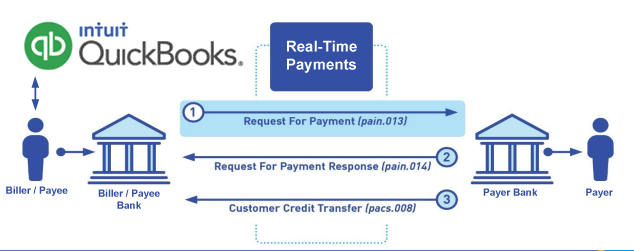
To manage trustee payments from a trustee to beneficiaries using Real-Time Payments (RTP) and FedNow through an escrow and Client Trust Account (CTA), and integrate these transactions into QuickBooks Online (QBO) or QuickBooks Enterprise via SecureQBPlugin.com, follow these steps:
Step 1: Set Up Accounts
- Client Trust Account (CTA): Ensure the trustee has a properly set up CTA for holding and managing funds on behalf of beneficiaries.
- Escrow Account: Establish an escrow account to temporarily hold funds before they are distributed to beneficiaries.
- Beneficiary Accounts: Ensure all beneficiaries have bank accounts that can receive RTP and FedNow payments.
Step 2: Set Up SecureQBPlugin Account
- Visit SecureQBPlugin.com: Go to SecureQBPlugin.com and create an account for the trustee if not already done.
- API Access: Obtain API credentials from SecureQBPlugin.com for integrating RTP and FedNow services.
Step 3: Integrate SecureQBPlugin with QuickBooks
- Install Plugin: Download and install the SecureQBPlugin for QuickBooks Enterprise or QBO.
- API Integration: Configure the plugin with the API credentials obtained from SecureQBPlugin.com to enable RTP and FedNow payments.
Step 4: Trustee Transfers Funds to Escrow
Using SecureQBPlugin
- Log In: Access the trustee’s SecureQBPlugin account within QuickBooks.
- Initiate Transfer to Escrow:
- Navigate to the “Send Payment” section.
- Fill in the required details:
- From Account: Trustee’s CTA details.
- To Account: Escrow account details.
- Amount: Payment amount.
- Currency: USD.
- Reference Information: Details like “Transfer to Escrow for Beneficiary Distribution”.
Example API Request to Transfer to Escrow
json code
{
"fromAccount": {
"bankId": "87654321",
"accountNumber": "0123456789"
},
"toAccount": {
"bankId": "12345678",
"accountNumber": "9876543210"
},
"amount": "1000.00",
"currency": "USD",
"referenceInformation": "Transfer to Escrow for Beneficiary Distribution"
}
- Confirm and Send: Review and confirm the transfer.
Step 5: Distribute Funds to Beneficiaries from Escrow
- Access Escrow Account: Trustee accesses the escrow account via SecureQBPlugin.
- Initiate Payments to
Beneficiaries:
- For each beneficiary, fill in
the payment details:
- From Account: Escrow account details.
- To Account: Beneficiary’s bank account details.
- Amount: Payment amount.
- Currency: USD.
- Reference Information: Details like “Trustee Payment to Beneficiary”.
- For each beneficiary, fill in
the payment details:
Example API Request to Pay Beneficiary
json code
{
"fromAccount": {
"bankId": "12345678",
"accountNumber": "9876543210"
},
"toAccount": {
"bankId": "23456789",
"accountNumber": "0123456789"
},
"amount": "500.00",
"currency": "USD",
"referenceInformation": "Trustee Payment to Beneficiary"
}
- Confirm and Send: Review and confirm each payment.
Step 6: Sync Transactions with QuickBooks
- Automatic Sync: Ensure the SecureQBPlugin is configured to automatically sync transactions with your QuickBooks Enterprise or QBO account.
- Manual Sync: If needed, manually sync transactions by navigating to the sync option within the plugin.
Step 7: Verify Transactions in QuickBooks
- QuickBooks Enterprise:
- Open QuickBooks Enterprise.
- Navigate to the relevant accounts and verify the sent and received transactions.
- QuickBooks Online:
- Log in to your QBO account.
- Check the transaction history and account statements for the FedNow payments.
Step 8: Security Best Practices
- Secure API Keys: Keep your API keys and credentials secure.
- Two-Factor Authentication: Enable two-factor authentication on all relevant accounts.
- Regular Monitoring: Regularly monitor account activities for any unauthorized transactions.
- Software Updates: Keep your QuickBooks and SecureQBPlugin updated to the latest versions.
Conclusion
By following these steps, trustees can efficiently manage and distribute funds using RTP and FedNow via SecureQBPlugin.com, and ensure seamless integration with QuickBooks Enterprise or QBO. Regular verification and secure practices are essential to maintain the integrity and security of the transactions.
Call us, the .csv and or .xml Request for Payment (RfP) file you need while on your 1st phone call! We guarantee our reports work to your Bank and Credit Union. We were years ahead of competitors recognizing the benefits of RequestForPayment.com. We are not a Bank. Our function as a role as an "Accounting System" in Open Banking with Real-Time Payments to work with Billers to create the Request for Payment to upload the Biller's Bank online platform. U.S. Companies need help to learn the RfP message delivering their bank. Today Payments' ISO 20022 Payment Initiation (PAIN .013) show how to implement Create Real-Time Payments Request for Payment File up front delivering message from the Creditor (Payee) to it's bank. Most banks (FIs) will deliver the message Import and Batch files for their company depositors for both FedNow and Real-Time Payments (RtP). Once uploaded correctly, the Creditor's (Payee's) bank continuing through a "Payment Hub", will be the RtP Hub will be The Clearing House, with messaging to the Debtor's (Payer's) bank.
Our in-house QuickBooks payments experts are standing ready to help you make an informed decision to move your company's payment processing forward.
Pricing with our Request For Payment Professionals
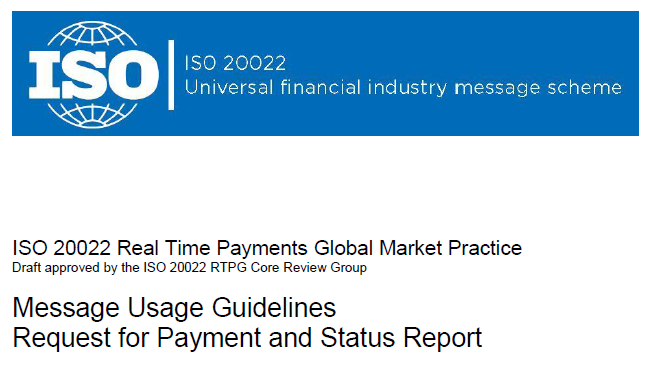
1) Free ISO 20022 Request for Payment File Formats, for FedNow and Real-Time Payments (The Clearing House) .pdf for you manually create "Mandatory" (Mandatory data for completed file) fields, start at page 4, with "yellow" highlighting. $0.0 + No Support
2) We create .csv or .xml formatting using your Bank or Credit Union. Using your invoice information database to create an existing Accounts Receivable file, we CLEAN, FORMAT to FEDNOW or Real-Time Payments into CSV or XML. Create Multiple Templates. You can upload or "key data" into our software for File Creation of "Mandatory" general file. Use either the Routing Number and Account Number for your Customers or use "Alias" name via Mobile Cell Phone and / or Email address.
Fees = $57 monthly, including Activation, Support Fees and Batch Fee, Monthly Fee, User Fee. We add your URI for each separate Payer transaction for additional Payment Methods on "Hosted Payment Page" (Request for file with an HTML link per transaction to "Hosted Payment Page" with ancillary payment methods of FedNow, RTP, ACH, Cards and many more!) + $.03 per Transaction + 1% percentage on gross dollar file,
3) Add integrating QuickBooks Online "QBO" using FedNow Real-time Payment using our %URL% system.
Fees Above 2) plus $29 monthly additional QuickBooks Online "QBO" formatting, and "Hosted Payment Page" and WYSIWYG
4) Above 3) plus Create "Total" (over 600 Mandatory, Conditional & Optional fields of all ISO 20022 Pain .013) Price on quote.
